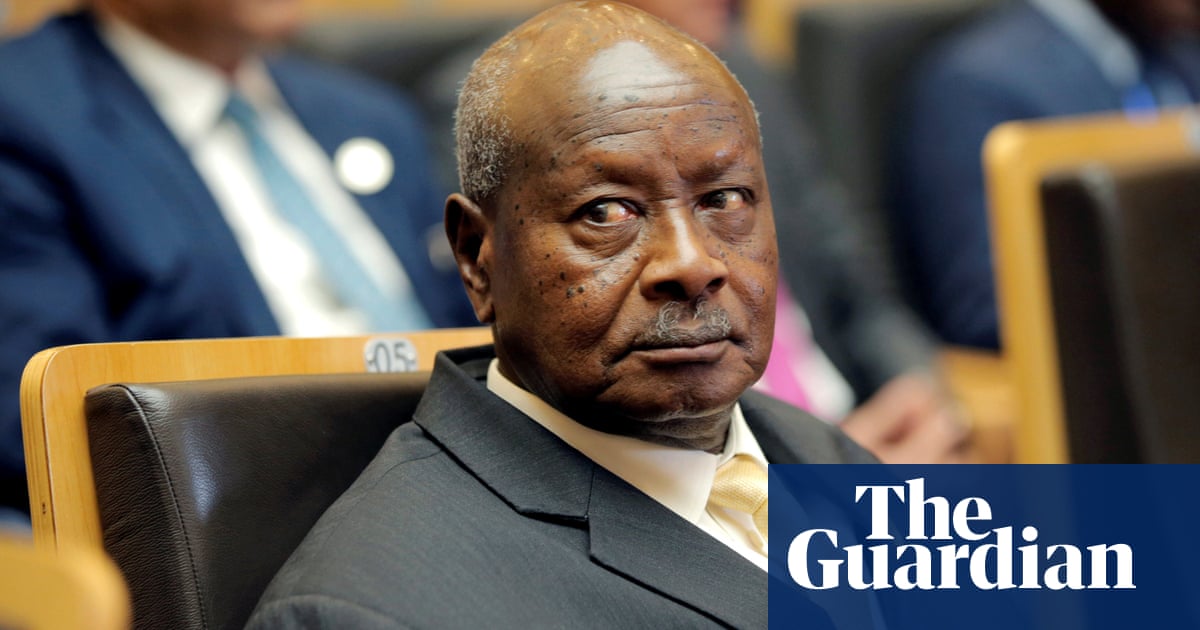
Activists and film producers have criticised a decision by the Kenya Film Classification Board to ban a documentary that tells the story of a Kenyan man struggling with his sexuality.
They said banning the 52-minute film, I Am Samuel, amounted to “discrimination and persecution” of LGBTQ+ people.
The film – which was shot over five years and took two years to edit – follows the life of a young man tormented by his sexuality while growing up in rural Kenya, who finds acceptance after moving to the capital, Nairobi.
“The ongoing criminalisation of LGBTQ+ persons in Kenya is a sad trend bordering on discrimination and persecution of individuals perceived to have a minority orientation. The move is dictated by very intolerant and intrusive religious and cultural beliefs,” said Kamau Ngugi, the executive director of Defenders Coalition, an umbrella group of rights organisations and activists.
The film classification body said last week that the film “blatantly” violated the country’s laws that penalise all forms of homosexuality or same-sex marriage, and that the storyline was a “clear and deliberate attempt by the producer to promote same-sex marriage as an acceptable way of life”.
It said the film sought to influence viewers to believe that the “older generation that was once against LGBTQ+ is slowly buying into the practice and accepting same-sex marriage”.
Kenyan law criminalises anyone who engages in what it terms as “carnal knowledge of any person against the order of nature”. If convicted, people face up to 14 years in prison. The Kenyan constitution states that marriage is a union between two people of opposite genders.
The government also called the film blasphemous to the Christian faith. Two young men are shown conducting a religious service, which was “an attempt to use religion to advocate same-sex marriage”, the government said.
However, Toni Kamau, one of the film’s producers, said the ban is an affront to the freedom of speech enshrined in the country’s constitution. She said she was “deeply saddened by the discriminatory language used by the government to describe the experiences of people who allowed us into their lives”.
“We believe that this is a bigger conversation about freedom of expression. Everyone has the right to share their lived experience, their truth. We love character-driven documentaries that give insight into people’s lived experiences,” said Kamau.
“What does it mean to be a Kenyan religious man in a country that criminalises your love? We thought that it was important to share this story because it is a Kenyan story.”
The government has warned that anyone who attempts to “exhibit, distribute, broadcast or possess” the film in Kenya will be met “with the full force of the law”.












